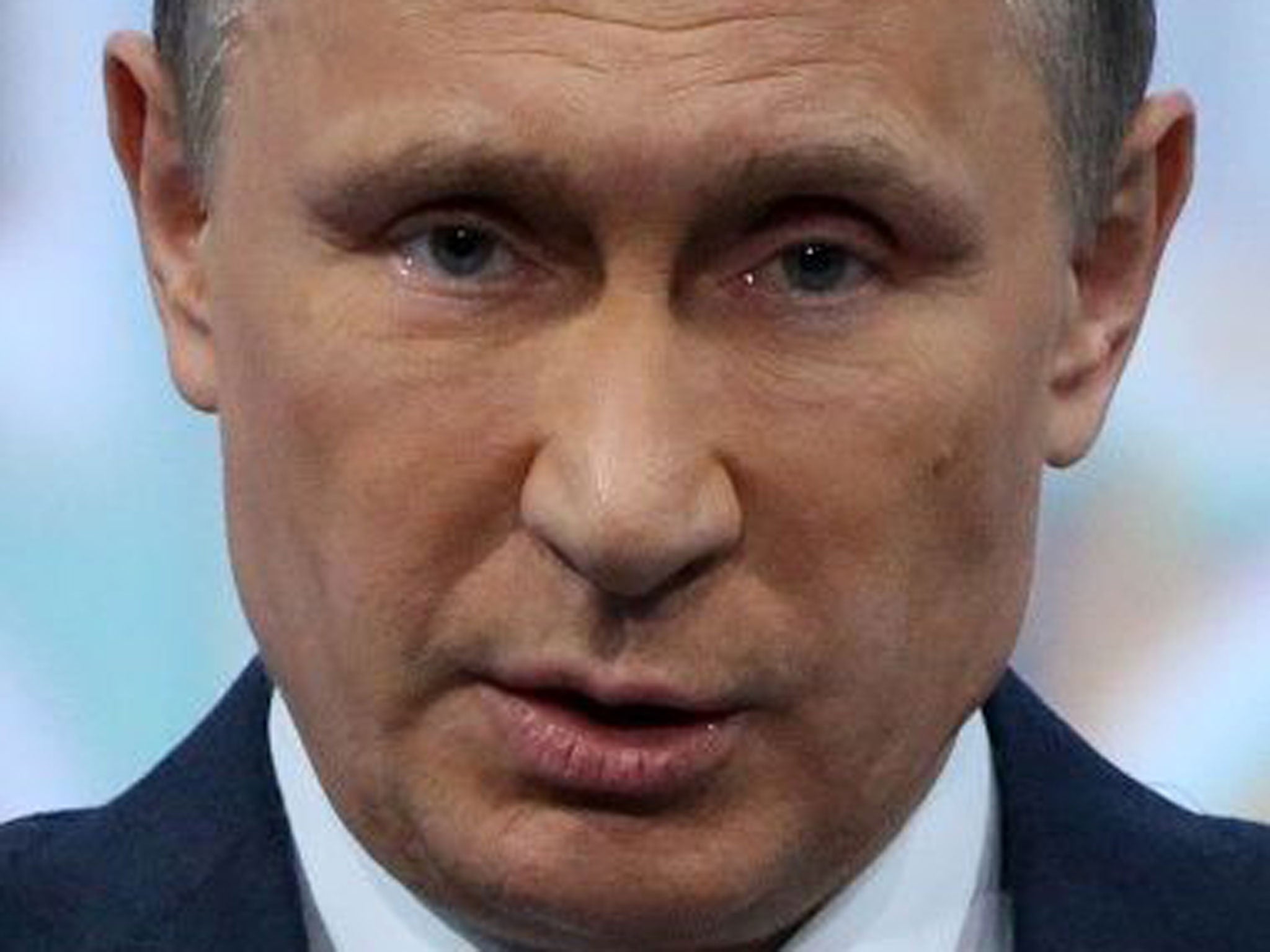It's No Good By Kirill Medvedev; edited by Keith Gessen; trans. Keith Gessen, Mark Krotov, Cory Merrill, Bela Shayevich, book review
Sincere, sophisticated insights into life under Vladimir Putin's government

Your support helps us to tell the story
From reproductive rights to climate change to Big Tech, The Independent is on the ground when the story is developing. Whether it's investigating the financials of Elon Musk's pro-Trump PAC or producing our latest documentary, 'The A Word', which shines a light on the American women fighting for reproductive rights, we know how important it is to parse out the facts from the messaging.
At such a critical moment in US history, we need reporters on the ground. Your donation allows us to keep sending journalists to speak to both sides of the story.
The Independent is trusted by Americans across the entire political spectrum. And unlike many other quality news outlets, we choose not to lock Americans out of our reporting and analysis with paywalls. We believe quality journalism should be available to everyone, paid for by those who can afford it.
Your support makes all the difference.Accepting The Independent Foreign Fiction Prize last month, Jenny Erpenbeck made a thoughtful observation when she said that the English translation of her winning novel, The End of Days, is her book but her translator's words. Like Erpenbeck, who grew up in the German Democratic Republic, Kirill Medvedev is interested in art's role in a society that's emerging from the legacies of communism. Hailed by one of his translators, Keith Gessen, as "Russia's first authentic post-Soviet writer", Medvedev begins this collection of his poems, essays and "actions" by announcing that he will no longer translate works into Russian.
"I'm tired of translating" goes the book's first line. "I probably won't translate/ anymore/ I think it's only worth doing/ if you really feel/ you can become one/ with the author". This doesn't sound promising but things start to look up when Medvedev, who specialises in autobiographical free verse, recalls translating "this one American/ Charles Bukowski" because "I wanted as many people/ as possible to hear him". The poem concludes with Medvedev comparing translation to "a sweet dream/whereas actually creating something/ is torture."
Torture is part of Medvedev's metier. His essays and "actions" – literary manifestos, blog posts and accounts of his activism – are potent but dense and lack his poetry's verve. This book's highlights are untitled poems in which Medvedev navigates Moscow's stations, nightclubs and supermarkets. "I recently ran into the poet Lvovsky/ whose poems I like" begins one before its relaxed lines accelerate, drilling down the page, as Medvedev urges his peers to be "complete and whole" and pictures "a dog/ dying in the metro/ when we're coming back/ from somebody's house/ tired, beautiful, tipsy/ dressed absurdly/ aging/ immortal". Elsewhere, he sounds like Allen Ginsberg, bemoaning, "the most beautiful and talented girls/ corrupted to the core long ago", before turning his ire inward: "my poems/ are the poems of an unemployed person".
If you want sincere, sophisticated insights into life under Vladimir Putin's government then read Medvedev. And if you feel adrift from the political direction of your own society then Medvedev's ability to convert alienation into urgency is inspiring. "I have a homeland, and that homeland is the centre of Moscow," he writes. "I would love to have been born in a small country... (But) I was born in Russia... I would like her to represent values that are dear to me: democracy, rather than despotism; truth, rather than violence; freedom, rather than servility."
A line from Gessen's introduction permeates the collection: "I hope this book finds readers for whom Medvedev can begin to mean as much as he has meant to me..." Medvedev's prose pummels you with its arguments while his poetry embodies one of his maxims: "There is no freedom from politics."
It's No Good is beautifully produced but my copy's spine is now very cracked, its margins graffitied with questions, its white jacket bruised with fingerprints. I relished its unpredictability but occasionally resented its intensity, as though by reading I was myself descending into Moscow's underground. Not everything works and yet the criticisms here carry less conviction than Medvedev's art. That isn't always reason enough to recommend a book but on this occasion it is.
Join our commenting forum
Join thought-provoking conversations, follow other Independent readers and see their replies
Comments